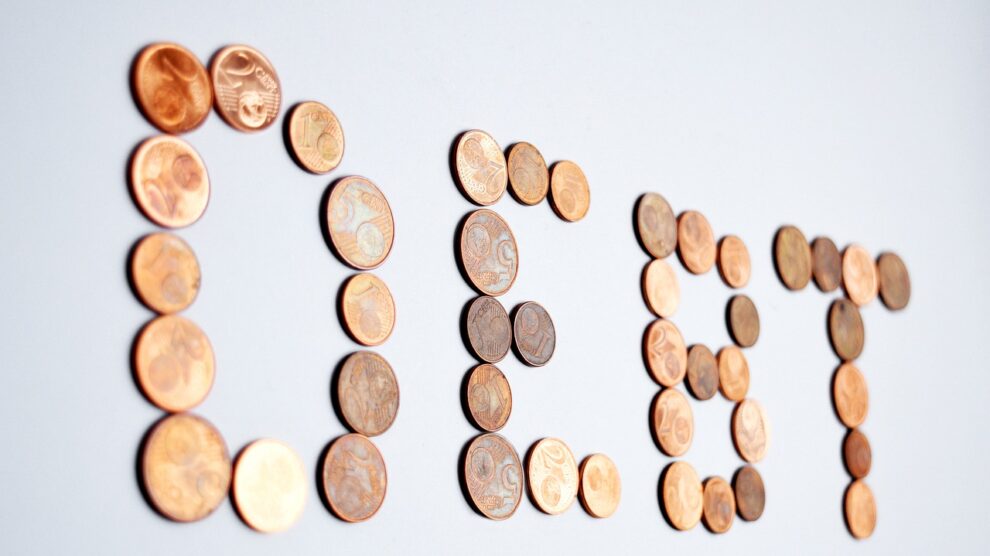If you’re struggling to repay creditors and looking for ways to get back on top of your finances, you’ve probably stumbled across companies advertising ‘debt write off’ services. The idea of practically wiping away your debts overnight almost seems too good to be true – and, unfortunately, it usually is.
There is no way to completely cancel 100% of what you owe without consequence and, in most cases, the best situation you can hope for is to write off some of your debts. Here are a few of the options available so you can make an informed decision about whether writing off your debts could work for you:
An IVA
Perhaps the most popular form of debt write off is an IVA. This is a formal agreement between you and your lenders to repay what you can through affordable monthly payments. Lasting at least five years, once the IVA ends, any remaining debt is written off.
It’s common for an IVA to write off substantial amounts but how much will depend on a person’s circumstances.
Bankruptcy
Bankruptcy is often considered as a fresh start for your finances. This method will resolve your debts but will use your assets to make sure your lenders get as much of what they’re owed as possible. Therefore, your house, car, or anything considered valuable could be reclaimed and sold.
Your debts will be written off – but at a high cost.
Your business, for example, may need to be sold and – in future – you could find it difficult applying for directorship or other managerial positions. Some occupations, for example, won’t work with anyone who has previously been made bankrupt.
Debt relief order
Debt relief orders are sometimes regarded as a less severe form of bankruptcy. If you have a relatively small amount of debt (at £20,000 or less) and don’t have assets or available income to resolve what’s owed, you could use this option.
A debt relief order lasts for one year. If your financial situation hasn’t improved during this time, much of what you owe will be written off.
How this affects your credit rating
Writing off debt is not as simple as some companies make it sound and, regardless of which option you may choose, all solutions will harm your credit rating. This means future lenders will probably be hesitant to supply you with financial products.
If you need a loan or mortgage after writing off your debts, you’ll probably need to secure one of these through a specialist lender.
Beware of companies which promise 100% debt write off
There are lots of companies out there which promise to write off your debts – suggesting they can completely resolve everything you owe. The truth is, that isn’t possible.
Debt write off can be a great option if you don’t see a way to pay what you owe in a reasonable time. However, it’s important you know what you’re getting into before agreeing to a debt solution. Ultimately though, if you pick a company which has your best interests in mind, you’ll be well on the way to getting on top of your finances.





